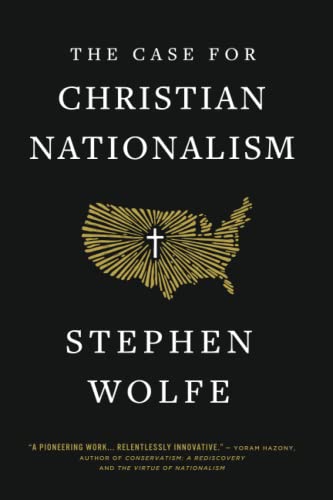
- Written by: Rich Lusk
- Category: Church
Think of the layout of a medieval city. The church is at the center of town and the steeple is its high point. The church's position as society's center and summit is represented geographically and architecturally. But this does not mean the church is the only sphere that matters; they did not try to cram everything into the church building, so to speak. Fanning out from that central location were homes where families lived, shops and fields where people worked, schools where they were educated, and, yes, even a castle or government building to house the civil authority. The geographic layout was symbolic - the church did not control or rule these other spheres, but she was responsible to disciple them and they all found their end - their telos, their purpose - in the church’s worship gathering.

- Written by: Rich Lusk
- Category: Culture
I put up a Facebook post earlier today raising questions for Stephen Wolfe and his “Christian Nationalism” project.
- Written by: Rich Lusk
- Category: Culture
With mid-term elections right around the corner, here is my advice on how to cast your ballot: Vote for the candidates that hate you the least.
- Written by: Rich Lusk
- Category: Culture
This article from John Frame cuts through a lot of the common misunderstandings of the relationship and use of special revelation (Scripture) and natural revelation. Note that Frame (and Van Til) do not deny that we can learn truth from our reason and our senses interacting with the rest of God’s creation. There is no such thing as “pure biblicism.” But general revelation was never meant to stand alone, even before the fall. There is no “pure nature” or “pure natural revelation.” The two forms of revelation work together and belong together. Thus, we are also always obligated to use Scripture, and we must use Scripture to interpret general revelation properly.
- Written by: Rich Lusk
- Category: Bible
Egalitarianism ruins everything. And that includes how we read the Bible.
